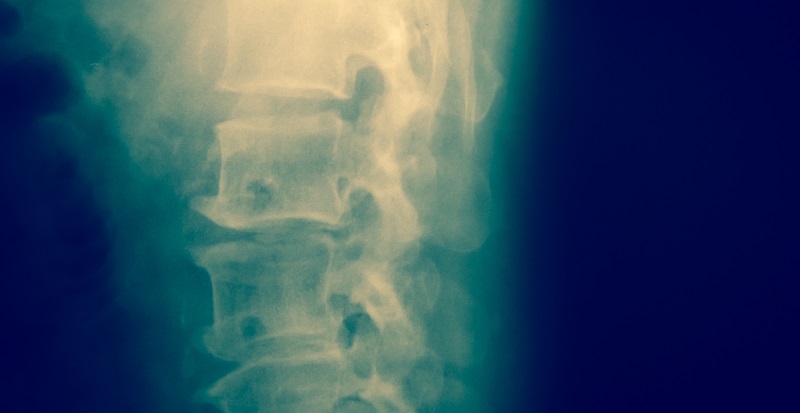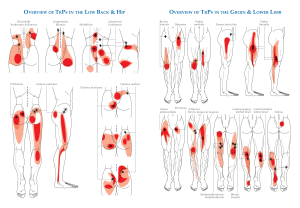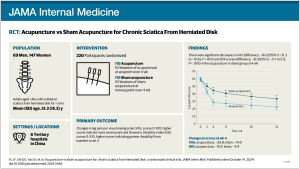5 Ways Obesity Affects Your Spine

Category: | Author:
Obesity can contribute to a number of different health conditions, but it can also take a major toll on your spine. Being overweight or obese can lead to a variety of different spinal problems, so it’s important that you work to maintain an ideal weight if you want to increase your likelihood of keeping your spine and your whole body healthy as you age. In today’s blog, we take a closer look at five ways that obesity can negatively affect your spine.
Obesity And Its Impact On Your Spine Health
Here’s a closer look at some of the spinal conditions that can develop if you are overweight or obese.
- Degenerative Disc Disease – Your spinal discs act as shock absorbers for your spinal column, but over the years these discs slowly start to lose some of their natural height. This loss in disc height may not be painful in and of itself, but it can lead to more issues that we’ll touch on below. Everyone experiences some natural disc height loss through normal physical stress, but being overweight or obese means these discs have to handle more stress, expediting the degenerative process.
- Bulging Or Herniated Discs – When your spinal discs begin to degenerate, they start to become more mobile within the spinal column. If they are exposed to a great amount of pressure at a specific moment, that spinal disc can bulge or even herniate. A herniated disc means that the soft inner disc nucleus breaks through the tough outer fibrous layer, and this can be quite painful. Being obese puts you at an increased risk for herniated discs.
- Pinched Nerves – If your spinal discs shift, bulge or herniate, they can irritate one of the many key spinal nerves that run in close proximity to your discs. When your spinal nerves become irritated, compressed or damaged, they will send pain signals to your brain, making many actions uncomfortable or downright painful. Being overweight means that your spinal nerves are more likely to be compressed by spinal discs or arthritic degeneration.
- Spinal Arthritis – Arthritis is a condition that leads to the loss of protective cartilage that helps a joint move smoothly. If you are carrying extra weight, the facet joints in your spine are exposed to more stress, and over the years this can speed up arthritic degeneration and put you at risk of developing spinal arthritis and related symptoms.
- Spinal Stenosis – All this extra pressure on your spinal column can lead to the narrowing of openings through which key spinal nerves pass. This can put increased strain on your spinal nerves and even your spinal cord, which could lead to a bevy of uncomfortable symptoms. Spinal stenosis has a number of risk factors, and obesity is arguably the most preventable risk factor.
Being overweight or obese is hard on all body systems, but it can be especially hard on your back, and spine pain can really affect your quality of life. The good news is that losing just a little weight can take an immense amount of strain off your spine, so you’ll begin to notice the benefits pretty early in your weight loss journey. If you can lose as little as one pound a week for a year, you’ll be down 50 pounds by the end of the year, but you’ll take 200 pounds of pressure off your spine due to how it helps to handle and disperse stress!
If you need help developing an exercise or diet program to help spur weight loss, or you have questions about other spine conditions, please reach out to Dr. Sinicropi and the team at The Midwest Spine & Brain Institute today at (651) 430-3800.
Related




